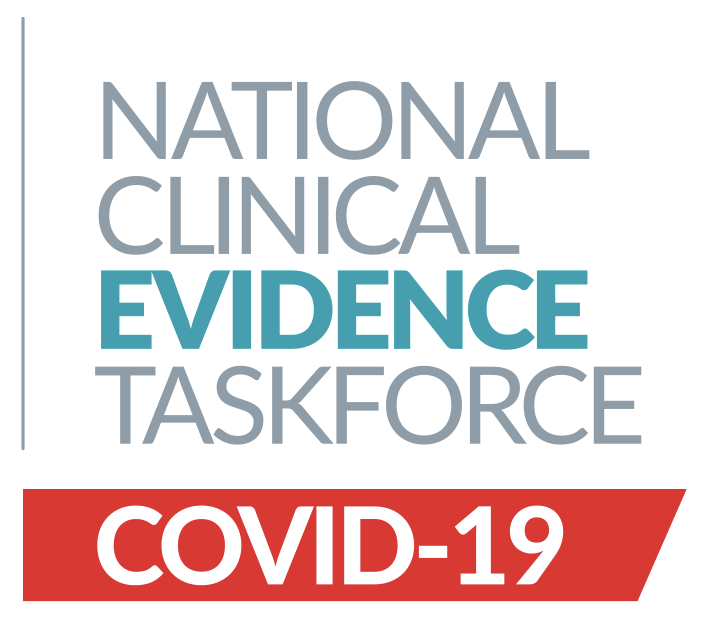Central Editorial Service
In the new model we envisage that editorial process for all evidence syntheses will be managed centrally. Cochrane already has a Central Editorial Service which has been in operation since September 2018, performing the editorial process for some of Cochrane’s highest-profile reviews, including most of Cochrane’s COVID-19 reviews.
In addition, Cochrane is running an Editorial Independence and Efficiency Project (EIEP) pilot, to test an independent editorial process for Cochrane reviews developed or supported by Cochrane Review Groups.
The combined experience of handling high-profile reviews and the early experience from the pilot, indicate that a Central Editorial Service can:
efficiently run an independent editorial process for Cochrane reviews
handle Cochrane reviews with a range of methodological approaches and content areas
ensure adherence to quality standards
In the new evidence synthesis model, the Central Editorial Service would manage the editorial process for both Cochrane reviews submitted by the Evidence Synthesis Units, and those submitted via the direct pathway to publication, using the same editorial process. The working group for the project have developed the editorial process for the pilot, which includes:
A basic editorial submission check, ensuring complete and correct files are submitted, and key editorial policies (such as Cochrane’s plagiarism and conflict of interest policy) have been adhered to.
A more detailed editorial content check to guide whether to send to peer review, and if so, deciding whether methods and search peer review should be conducted before content/clinical and consumer peer review, or if all peer reviewers can be invited at the same time. For submissions in the direct pathway to publication, this stage will include assessment of topic and overlap with existing content by a clinical/academic editor.
Methods, search, content/clinical and consumer peer review.
An editorial assessment of the peer reviewers’ comments, and a decision to revise or reject (reject decisions only after discussion with a clinical/academic editor). Editors guide authors on how to address peer-reviewer comments in their revision.
The authors revise the submission based on the editorial and peer-reviewer comments.
An editorial assessment of the revised version and rebuttal.
Editing of the submission (if needed).
Sign off by a clinical/academic editor.
Copy editing.
Submissions can be rejected at any stage of editorial assessment. Rounds of revision are limited by rejecting revised submissions where major comments have not been adequately addressed.
